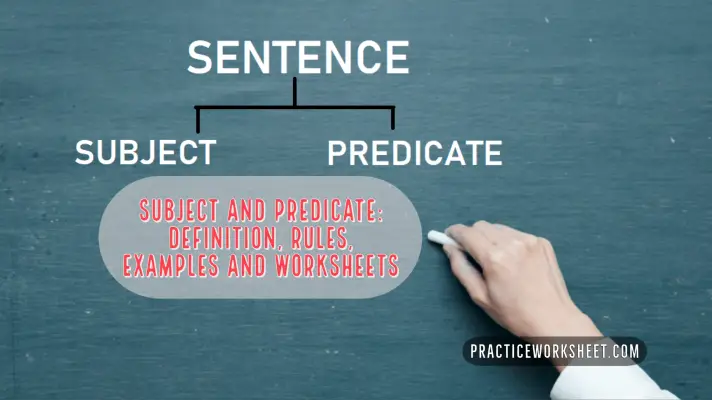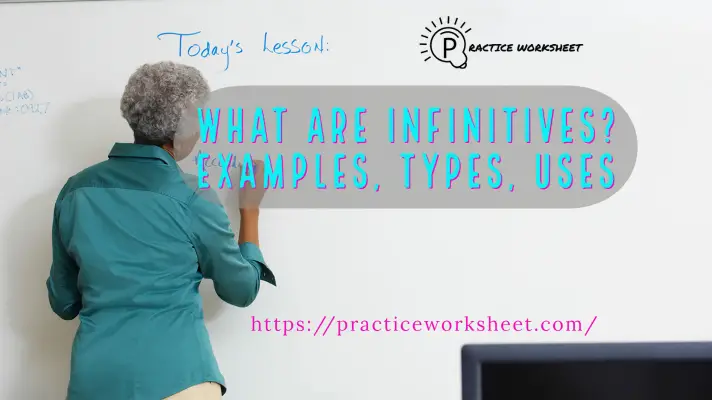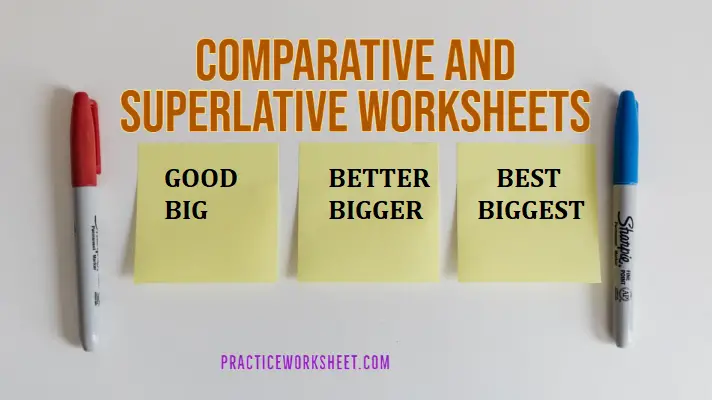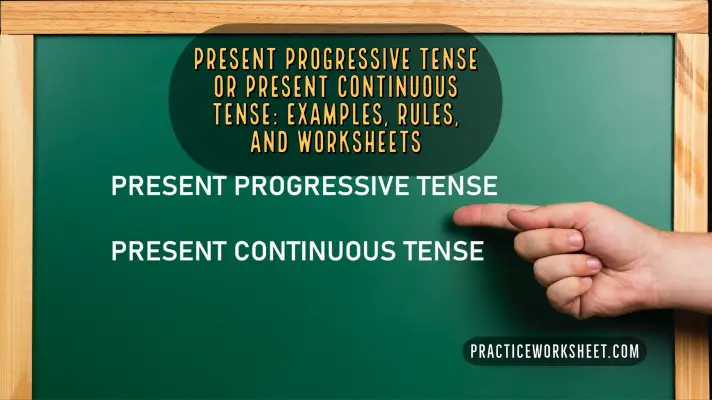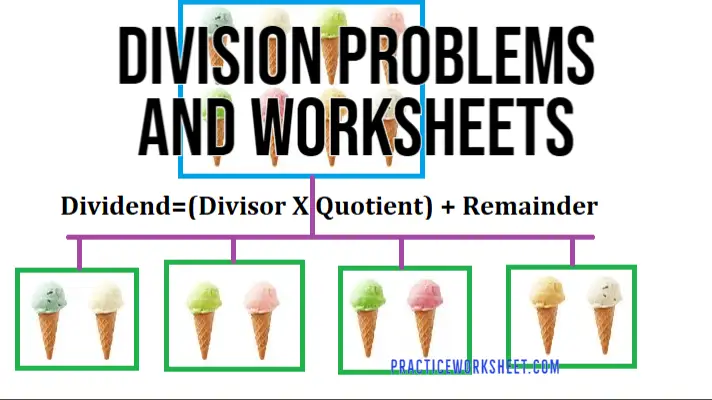An Adverb is a word that modifies the meaning of a verb, an adjective, or another adverb. It tells us how, where, when, how much, and with what frequency, a job is performed. The words such as quickly, very, and quite are, therefore, adverbs.
Let’s take a simple example: Sham runs quickly. This sentence quickly shows how Sham runs; that is, quickly modifies the verb runs.
What are the Kinds of Adverbs
When we are learning about Adverbs you should also know that adverbs are divided into seven different kinds which are as follow:
1. Adverbs of Time: It shows when something is happening. Like once, never, tomorrow, daily, etc. are adverbs of time.
Examples of Adverbs of Time:
- Ram hurt his knee yesterday.
- Wasted time never returns.
- She will visit the hospital tomorrow.
- He comes to school daily.
2. Adverbs of Frequency: It shows how often something is happening. Like twice, always, every day, frequently, seldom, etc.
Examples of Adverbs of Frequency:
- He seldom comes here.
- The Science class happens twice a week.
- The teacher called again.
- He frequently comes first in class.
3. Adverbs of Place: It shows where the thing is happening. Like somewhere, Anywhere, Near, Far, etc.
Examples of Adverbs of Place:
- In spring, flowers bloom everywhere.
- They need you there.
- You live far away.
- The teacher told him to come in.
4. Adverbs of Manner: It shows how or in what manner something is done or happening. Like honestly, joyfully, clearly, bravely, etc.
Examples of Adverbs of Manner:
- She reads clearly
- The child slept soundly.
- The boy works hard.
- The story was well written.
5. Adverbs of Quantity: It shows how much, or to what extent something is done or happening. Like fully, partially, altogether, almost, etc.
Examples of Adverbs of Quantity:
- He is good enough for doing work.
- She sings pretty well.
- Sham was partly right.
- She almost finished the work.
6. Adverbs of Affirmation and Negation: It shows affirmations like certainly, never, surely, definitely, absolutely, etc. And if we tail about Adverbs of Negation that are No, Don’t, Can’t, etc.
Examples of Adverbs of Affirmation and Negation:
- I do not know him.
- Surely you are mistaken.
- She never leaves her house.
- I can’t work with him.
7. Adverbs of Conjunction: It shows the effect and relation between the two clauses like moreover, however, accordingly, etc.
Examples of Adverbs of Conjunction:
- He was busy yet helped me with my work.
- He was going for an important meeting accordingly; he made sure he reached on time.
- He didn’t prepare for his exams; as a result, he failed his exams
What do adverbs do ?
As we have studied previously in the definition of Adverb that it modifies verb to tell us when, how, where, how often, how much the action is performed. To make it simple let’s go through the following table.
| When | Ram worked yesterday. |
| Where | Ram work here. |
| How | Ram works slowly. |
| How much | Ram works partially. |
| How often | Ram works twice a week. |
From the above table try to imagine a boy name RAM and the action he performs, which are represented through adverbs.
Forms of Adverbs
Some Adverbs are in the same form as the corresponding Adjectives; like they can be used as both.
Let’s go through some examples of Adverb forms to understand this concept:
If the adjective ends in –able, -le, replace the -e with -y.
- Probable – probably
- Gentle – gently
If the adjective ends in –ic, add -ally. Exception: public -> publicly
- Basic – basically
- Tragic – tragically
| Adjectives | Adverbs |
| Ram is our fast bowler. | Ram can bowl fast. |
| He is the best boy in this class. | He behaves best. |
| He went to the back entrance. | Go back. |
Some Nouns express adverbial relations of distance, time, place, degree, and are often used as Adverbs.
Examples-
- She walked two miles.
- The book is only a hundred rupees.
- These are called Adverbial Accusative.
Position of Adverbs
Where do you put your adverb either before or after a verb or in-between the sentence? It is somewhat tricky when it comes to the position of adverbs; let’s understand it with some examples.
Front Position (Placed at the beginning of a sentence)
Adverbs of frequency: such as frequency, sometimes, usually, normally, etc.
Exception: Always, ever, rarely, seldom, and never.
Examples-
- Normally she wears red clothes.
- Usually, the summer is hot and humid.
Adverbs of Manner: Such as suddenly, badly, quietly, etc.
Examples-
- Suddenly, it began to rain.
- Unfortunately, everything is going bad.
Adverbs of Time: Last night, yesterday, tonight, etc.
Examples- Yesterday, I went out to an amazing party.
End Position (Placed at the end of a sentence)
Adverbs of frequency: usually, normally, often, sometimes, and occasionally.
Not: always, ever, rarely, and seldom.
Example:
- I go to bed at 10 pm, usually.
- I don’t read the newspaper often.
Adverbs of Manner: Slowly, suddenly, badly, quietly, etc.
Example:
- She played basketball brilliantly.
- She did her work carefully.
Adverbs of Time: today, already, soon, finally, etc.
Example:
- There is no rain today.
- I am going on vacation tomorrow.
Mid Position (It is present in the middle of a sentence)
These are present before other verbs.
Adverbs of Degree: even, also, just, mainly, etc.
Examples- You don’t even listen to what I say.
Adverbs of frequency: such as never, rarely, sometimes, usually, always, etc.
Examples- He is often late for school.
Adverbs of Time: such as finally, eventually, already, still, soon, etc.
Examples-
- We’ve already eaten our lunch.
- We are still working on the project.
Adverb of Manner: Depends on sentence which tells us how something is done, such as slowly, suddenly, badly, quickly, etc.
Example- He slowly backed his car into the garbage.
How To Find Adverbs Easily?
An adverb is the most emphasized word in a sentence that provides you answer about the way a task is done. A simple method is to start asking questions related to the sentence you are provided, here are some examples:
- He is doing his work slowly. [how he is doing his work?]
- Radha is working quietly. [how is radha working?]
- Sham ate the chocolate cake greedily. [how sham ate the cake?]
- Our magazines come daily. [when our magazines come?]
- Olivia live far away. [where olivia lives?]
Worksheets of Adverbs
As we have learned about Adverbs, now it’s time to practice the following questions.
Q1. Identify and circle the adverb in following sentences:-
- I already finished my homework.
- The balloon rose quickly in the sky.
- Sham is playing basketball outside.
- My mom cares deeply about me.
- Are you always tired in the morning?
- I hardly ever watch this show.
- Sham always comes first in class.
- I can’t wait to go to zoo tomorrow and see the elephant.
- Even baby giraffes move gracefully and carefully.
- Katrina practices her piano regularly.
Q2. Insert the given adverbs in their normal position:
- We know the answer ( already )
- I shall meet you (this evening, in the park )
- She invited me to visit her ( often )
- The train has left us ( just )
- He is in time for meals ( never )
Q3. Use adverbs from the box to complete the sentence.
| Here easily later quickly very |
- She aced her test_________________.
- Sachin won the race, because he ran so_______________.
- _____________, he finished his homework.
- The dog sat ______________ still waiting for his food.
- Smith walked ______________ from his neighbour’s house.
